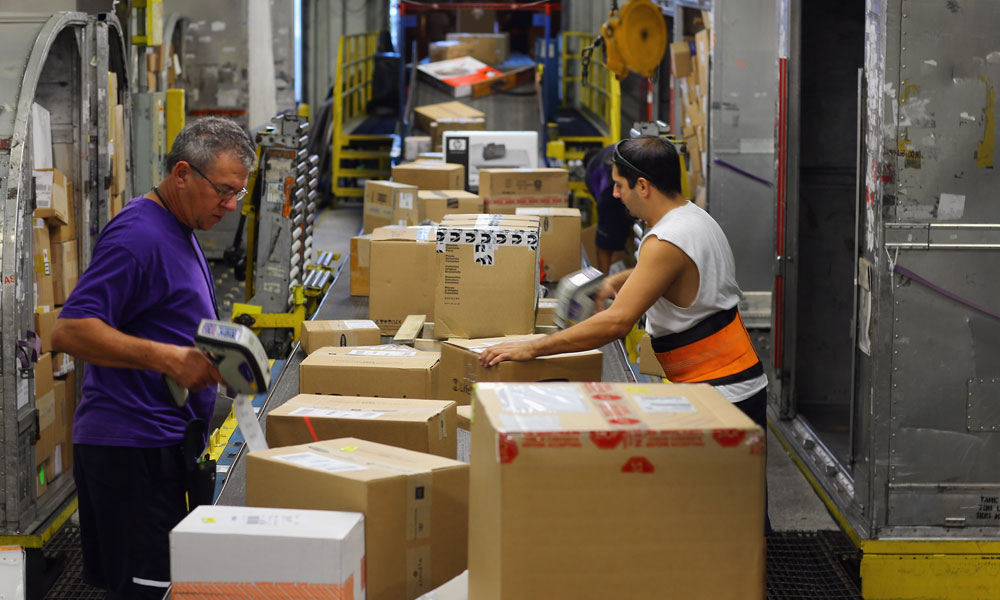
Supreme Court to Review Colorado “Amazon Tax” Law
Acting on a petition from the Direct Marketing Association, the U.S. Supreme Court will hear a case challenging a Colorado law that requires out-of-state companies to tell consumers what sales tax they owe, even though they don't have to collect it.
The Direct Marketing Association (DMA) will get its day in the nation’s highest court.
The trade group for marketers is fighting a Colorado law that requires online retailers located outside the state to inform consumers of the state sales tax they would owe on purchases, even though the retailers are not required to collect it. The law raised consumer privacy issues for DMA’s members and added reporting requirements that DMA says burden interstate commerce.
The high court announced that it would hear Direct Marketing Association v. Brohl, which DMA won at the federal district court level only to see that ruling overturned by the 10th Circuit Court of Appeals. The appellate court ruled that U.S. District Judge Robert Blackburn did not have jurisdiction to make a decision on state tax laws, because the federal Tax Injunction Act limits those cases to state courts.
“DMA began this fight four years ago with the goal of protecting consumer privacy by safeguarding businesses from being forced to divulge their customers’ purchase history to the state of Colorado,” Peggy Hudson, DMA’s senior vice president of government affairs, said in a statement. “Along the way, the fight has broadened to encompass not only issues of privacy, but also fundamental constitutional questions about access to federal courts.”
The association has also refiled its case at the state level.
Revisiting a Major Decision
In reviewing the case, the Supreme Court will take a fresh look at a mail-order industry that saw unprecedented growth in the wake of its 1992 Quill v. North Dakota decision. In that case, the high court ruled unanimously that companies are not required to collect state sales tax if they do not have a physical presence in the state. The decision led to the founding of Amazon.com and spurred growth in the e-commerce industry as a whole. But the sales tax issue has remained a headache for states (which miss out on revenue) and for in-state brick-and-mortar retailers (which get undercut by more-nimble online competitors).
The proposed Marketplace Fairness Act would address the issue by requiring companies to apply sales taxes to goods purchased out of state. While the bill passed the Senate more than a year ago, it’s lingering in the House. The legislation, sponsored by Sen. Mike Enzi (R-WY), has the support of state government groups, but business organizations like DMA and the Electronic Retailing Association have opposed it.
The Colorado case isn’t the first on the issue. Last year, the Performance Marketing Association won a lawsuit in the Illinois Supreme Court challenging a measure in that state that would have required e-commerce stores to collect sales tax. But another 2013 decision in a New York case involving one of Amazon’s oldest competitors, Overstock.com, went the opposite way.
(Photo by Joe Raedle/Getty Images/Thinkstock)






Comments